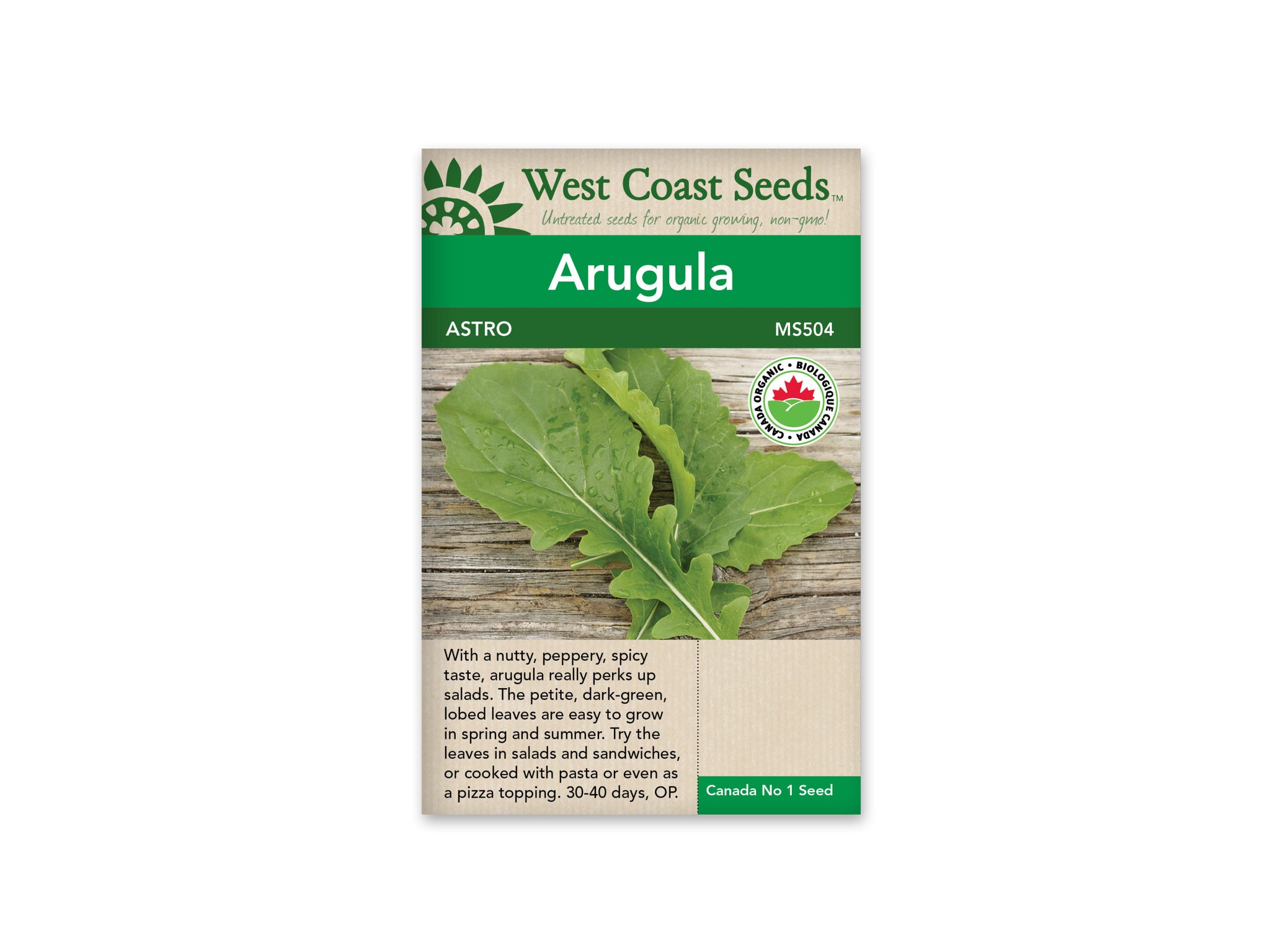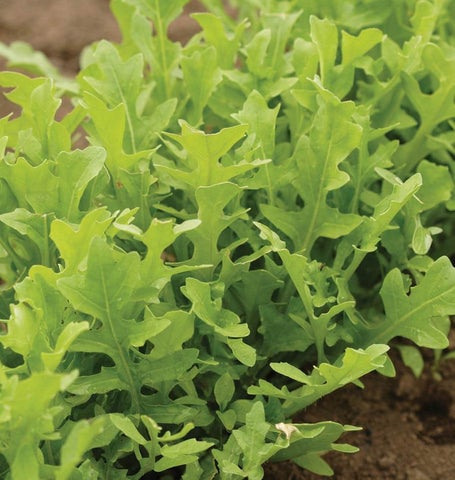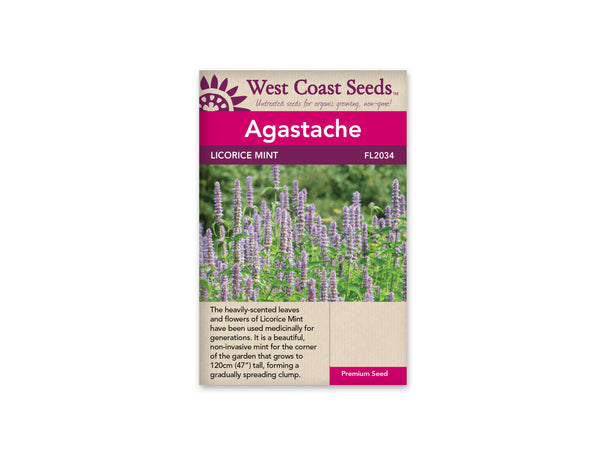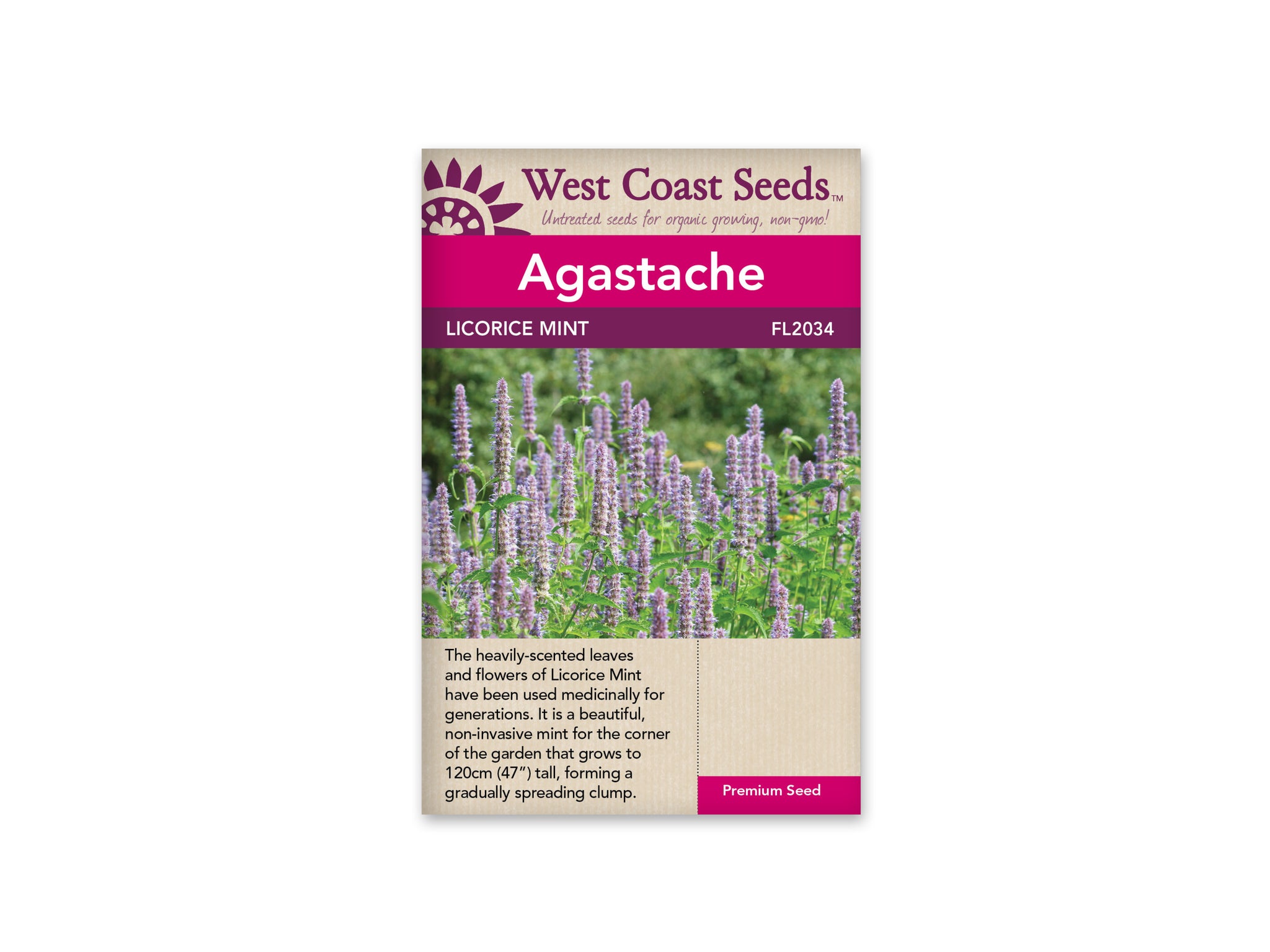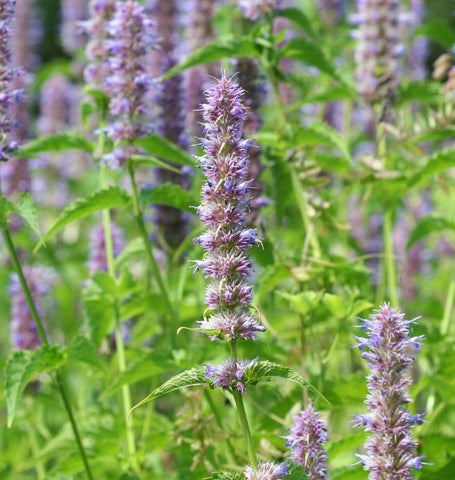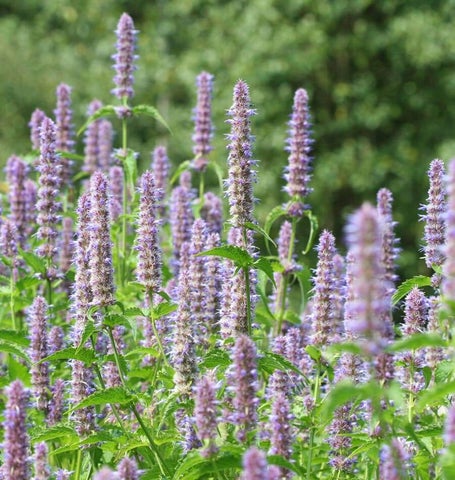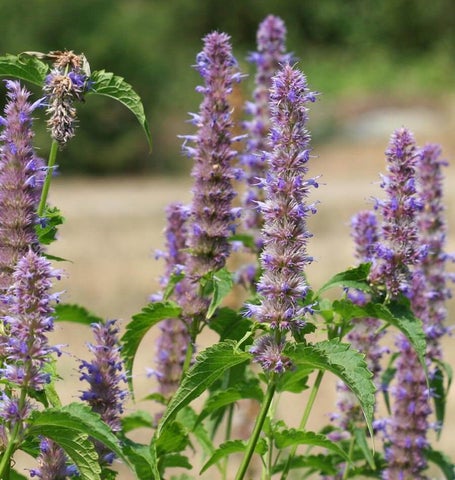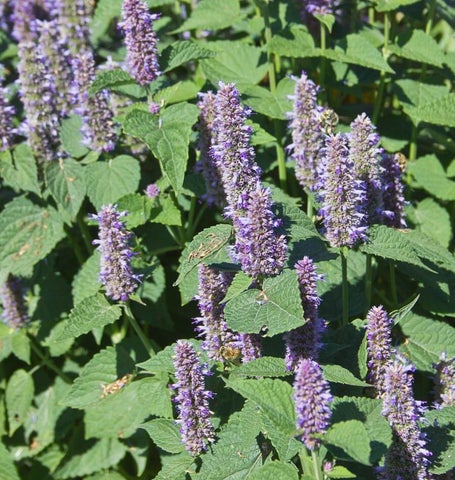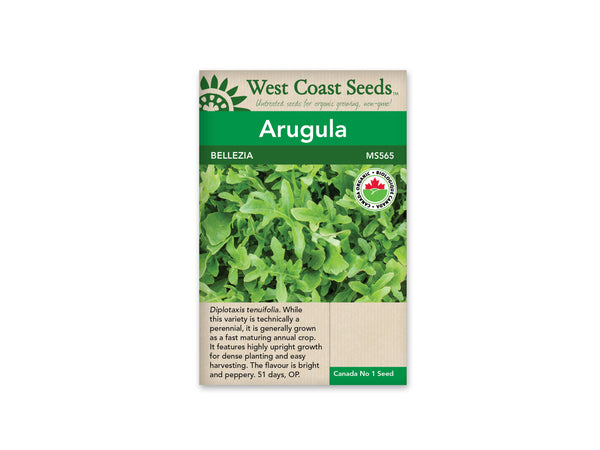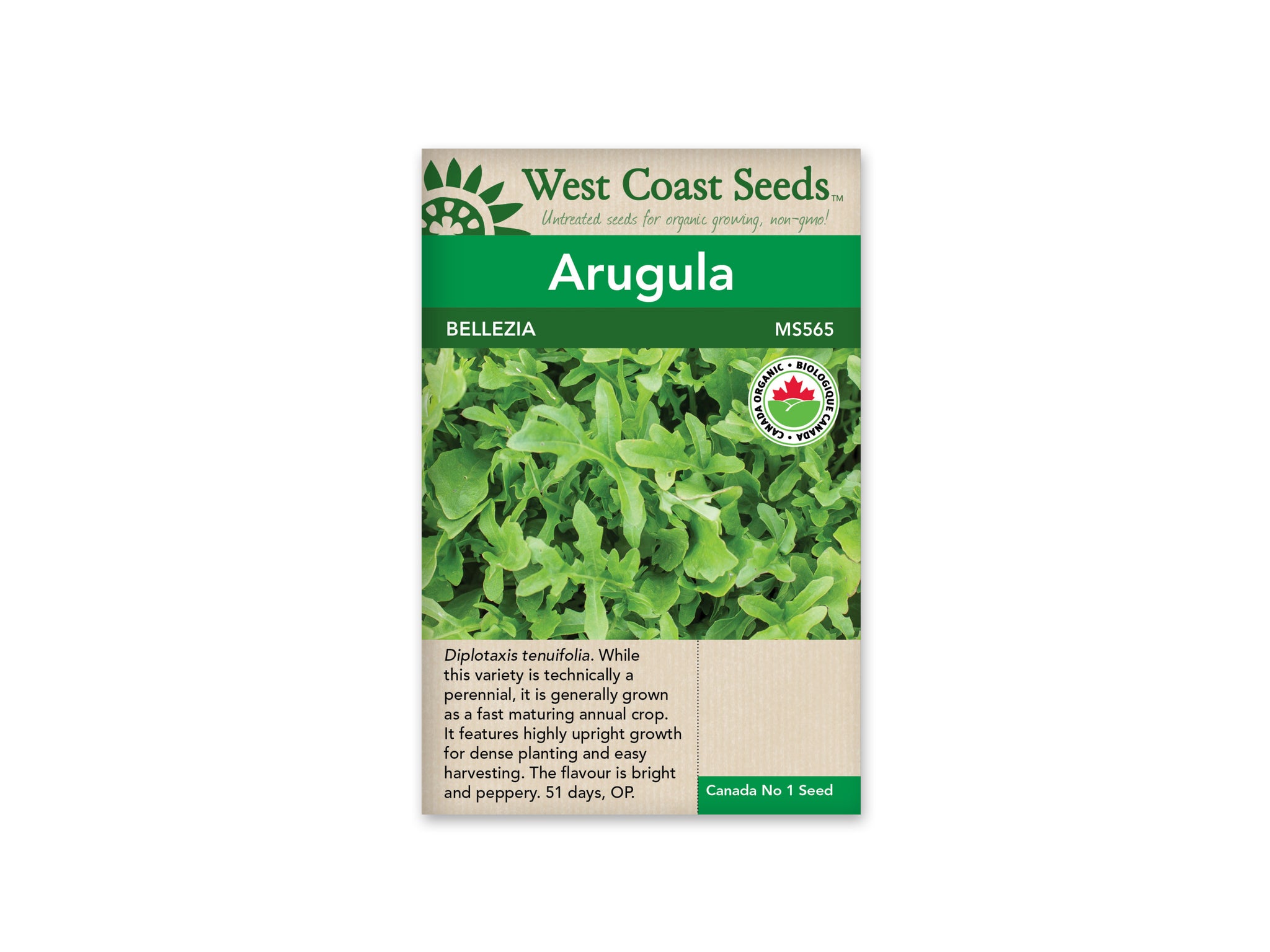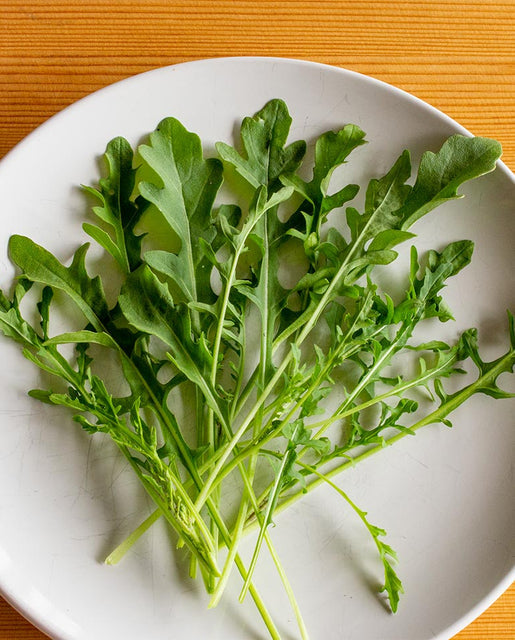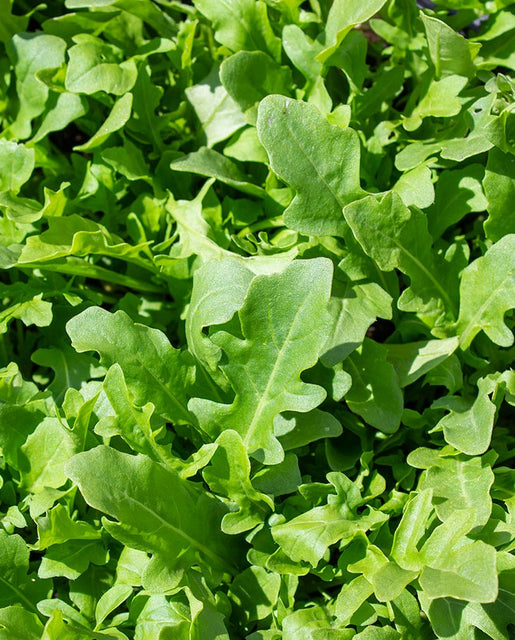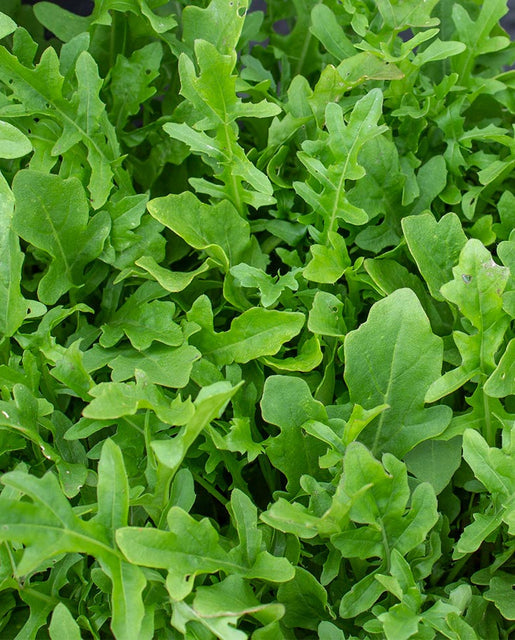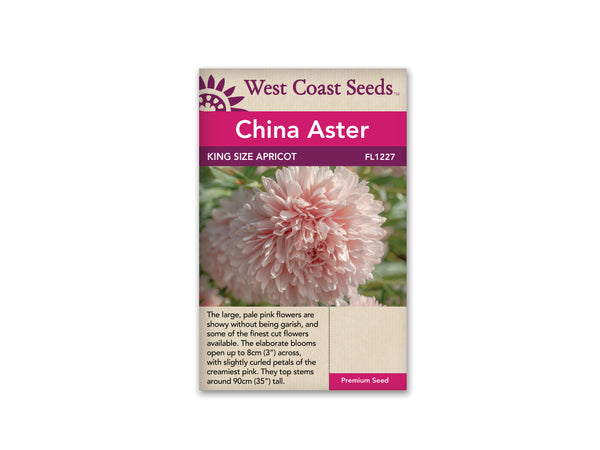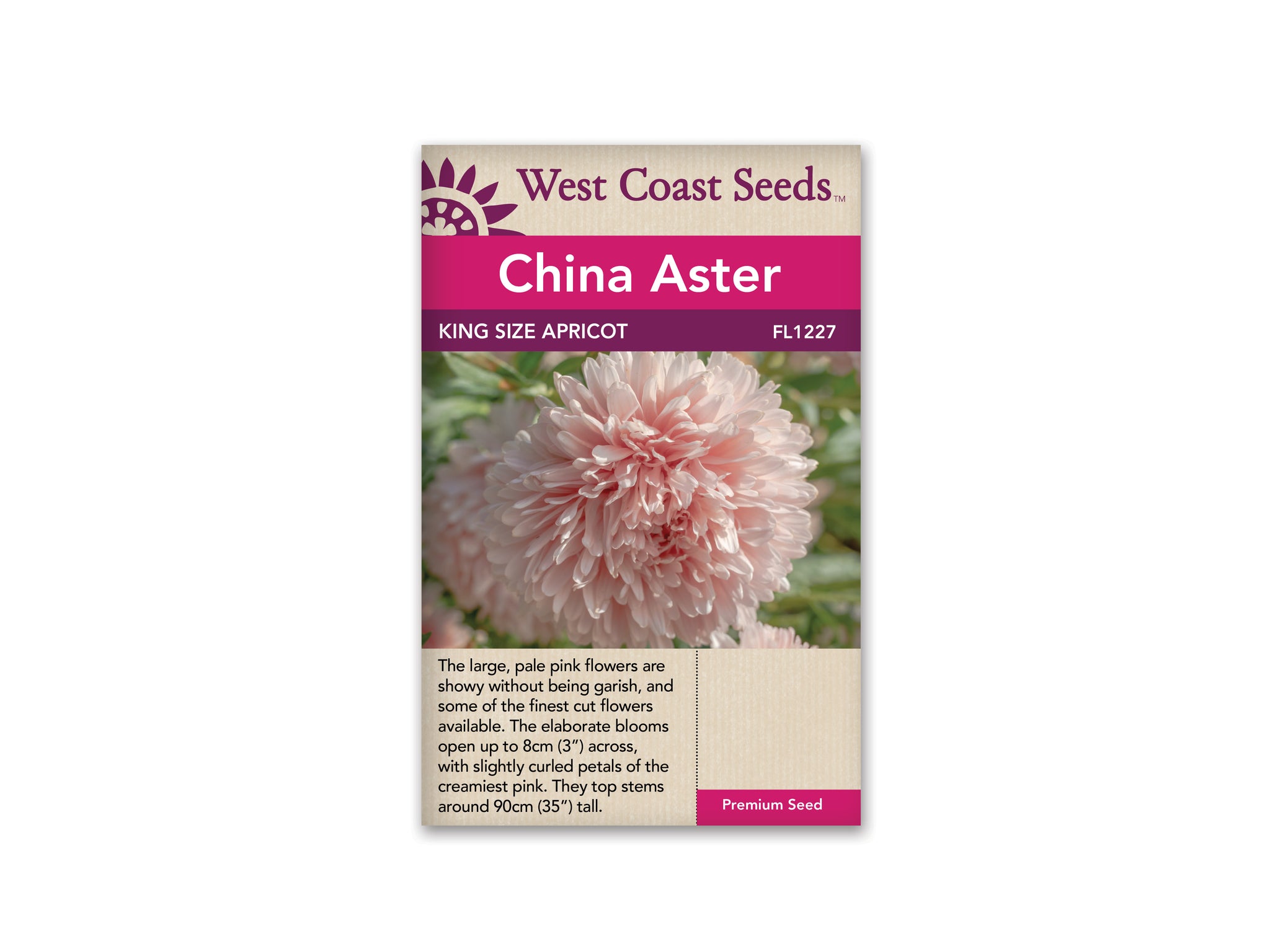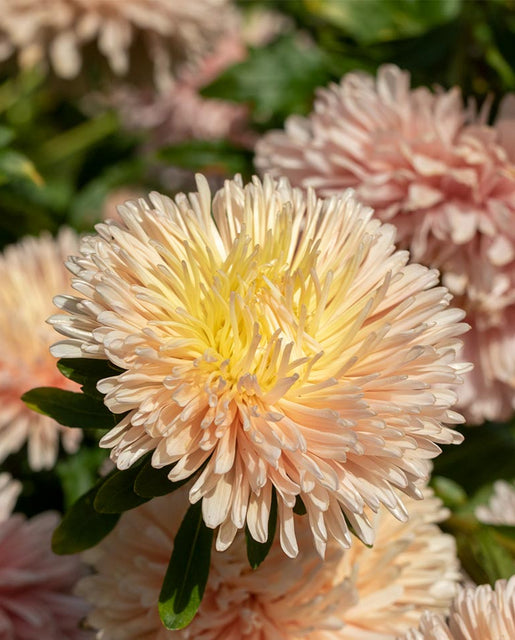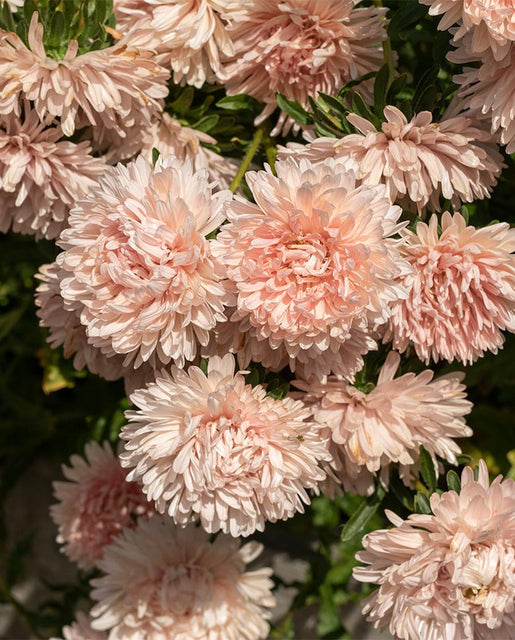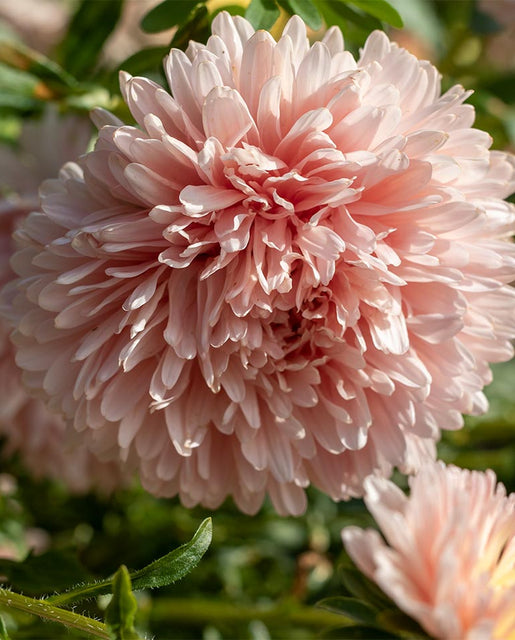Canadian Orders: Flat-Rate Shipping on Orders over $75 | Orders Over $150 Ship Free!
-
Shop
- New Arrivals
- Gardening
- Seeds
- Children + Baby
- Bath + Skin Care
- Baby Toys
- Books
- Puzzles + Games
- Loose Parts + Creative Play
- The Little Naturalist
- Play Chef
- Slings
- Apothecary
- Kids Lunches
- Accessories
- Sustainable Living
- Brushes / Brooms
- Food Storage
- Outdoors
- Coffee, Tea, Chocolate + Honey
- Coffee + Tea Accessories
- Water bottles + Travel Mugs
- Cookbooks
- Dishwashing
- Laundry
- Cleaners
- Accessories
- On The Go Essentials
- Self Care
- Face Care
- Body Care
- Hair Care
- Cosmetics
- Deodorant
- Toothpaste + Oral Care
- Sun Care
- Accessories
- Zero Waste Bathroom
- Soap
- Essential Oils
- For Men
- Books
- Apothecary + Natural Supplements
- Pet Care
- Shop Local
- Bulk
- In Store Pick Up
- Home Improvement
- Paint & Stain
- Discover
- Bulk Bar
Greens — Arugula Astro
Sold Out $3.99
CERTIFIED ORGANIC! Astro organic arugula seeds produce a plant with leaves that are less lobed and more strap-like. It has a milder flavour than regular arugula. Astro is perfect for baby greens in early spring and fall - even in winter, as it's very cold hardy. Baby greens are ready to cut in only 21 days. Arugula is very well suited to micro-green growing. As micro-greens it is delicious and tender, strongly flavoured, but delicate on the palate. With a nutty, spicy taste that is sometimes pungent or peppery, arugula really perks up salads, sandwiches, and even pizza. It is very cold hardy, and has a milder flavour when grown in cool weather. High in Vitamin A and potassium.
Matures in 30-40 days. (Open-pollinated seeds)
Quick Facts:
- Certified organic
- Good cool weather growth
- Nice in containers
- Open pollinated
Size: 1g (approx. 529 seeds)
How To Grow: Arugula is a productive, cool season, annual salad green that works best in spring and fall, and can be managed all winter under cloche protection where winters are mild. In hot weather, arugula tends to bolt and go to seed. Continue reading below to find out how to grow arugula from seed.
Difficulty
Easy
Season & Zone
Season: Cool season. Arugula tends to bolt in hot weather.
Exposure: Full sun to partial shade.
Timing
Direct sow every 3 weeks from mid-March to April and again in September for a fall/winter crop. Optimal soil temperature for germination: 4-12°C (40-50°F).
Starting
Sow no more than 5mm (¼”) deep in well drained soil in full sun. Thin seedlings to 10-15cm (4-6″) apart in rows 45-60cm (18-24″) apart. Overcrowded plants will bolt earlier. Seeds germinate in 4-8 days.
Days to Maturity
From direct sowing.
Growing
Ideal pH: 6.5-7.0. keep moist until germinated and then just keep the area weeded.
Harvest
Use as a cut & come again crop, harvesting with scissors. Baby leaves are mild and tender.
Seed Info
In optimum conditions at least 75% of seeds will germinate. Usual seed life: 3 years.
Diseases & Pests
Flea beetles will cause numerous tiny holes in the leaves. If these appear, try planting a couple of weeks later next year, to avoid their laying cycle. Or plant under lightweight row cover.
Companion Planting
Beets add minerals to the soil. The greens are very good for the compost. Plant with bush beans, Brassicas, corn, garlic, kohlrabi, leeks, lettuce, and mint. Add cut mint leaves as a mulch for beets. Avoid planting beets near pole beans, as the nitrogen fixed by the beans may encourage leafy beet growth and diminished root development.
Download this Guide to Companion Planting booklet for more information, planting tips, and a helpful chart that indicates both companion and rival plants in the garden.
Rating: 4.6 stars basted on 16 reviews from westcoastseeds.com
Related Items
Agastache — Licorice Mint
Sold Out $3.49
Agastache foeniculum. With heavily licorice-scented leaves and tall spikes of edible lavender flowers, Licorice Mint has been used medicinally for generations. It also happens to...
View full product detailsArugula, Wild — Selvatica Heirloom Organic
Sold Out $3.69
CERTIFIED ORGANIC! Diplotaxis tenuifolia. While technically this variety is a perennial, growers and home gardeners will probably prefer growing it as a fast maturing annual crop. Bellezia...
View full product detailsAster — King Size Apricot
Sold Out $4.19
Callistephus chinensis. King Size Apricot China Asters are some of the most sensational cut flowers we know of. The large, pale pink flowers are showy without...
View full product detailsSign up to get the latest on sales, new releases and more…
© 2025 Sustain.
Ecommerce Software by Shopify

